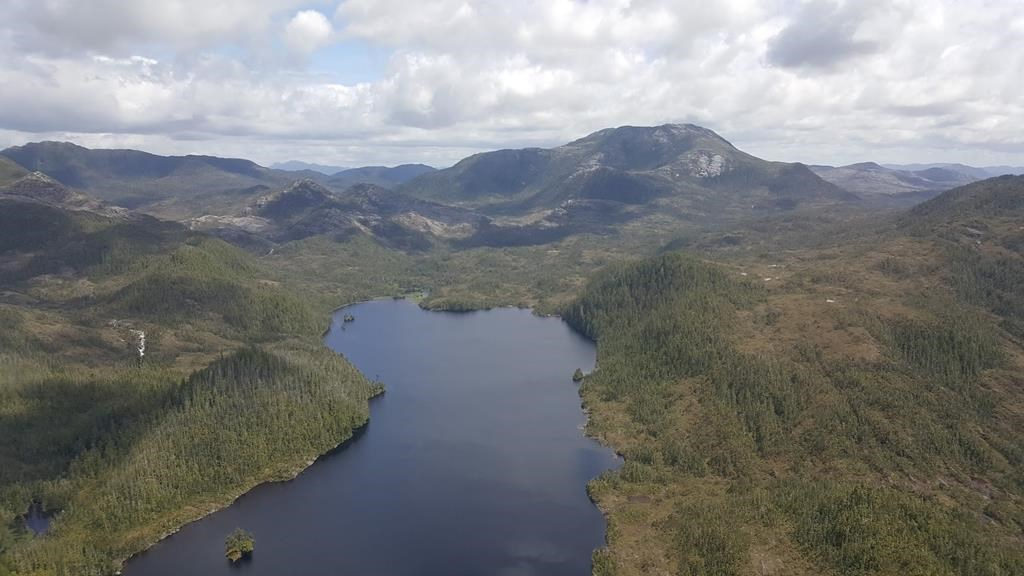AME applies to intervene in Gitxaala v British Columbia appeal on Mineral Tenure Act


The Association for Mineral Exploration (AME) announced Monday it has formally applied for intervener status in the ongoing appeal of Gitxaala Nation v. British Columbia (Chief Gold Commissioner).
In September 2023, a judicial review ruled that the Government of British Columbia owes a duty to consult Indigenous Peoples with asserted rights and title when granting mineral claims. The Court recognized that the province could change the manner in which the act is implemented by the Chief Gold Commissioner or change the legislation.
The Court granted the province 18 months to consult with Indigenous Peoples and the minerals industry in order to modernize the mineral tenure system in a manner that aligns with the principles of the Declaration on the Rights of Indigenous People Act (DRIPA).
Last month, the British Columbia government announced new interim measures will place restrictions on mineral claim registrations and mining activities in Gitxaała Nation and Ehattesaht First Nation territories, while the province works to modernize BC’s Mineral Tenure Act.
Critics have long challenged the current Mineral Tenure Act, which permits anyone with a free miner certificate to acquire mineral claims online through an automated system in First Nations’ territories, without their consultation or consent.
In October 2021, the Gitxaala Nation filed a legal challenge in Supreme Court seeking to overturn the province’s granting of multiple mineral claims from 2018 to 2020 on Banks Island, in their territory.
The Gitxaala claim they never consented to issuance of claims, were not consulted, and were never notified of the pending decisions and said since it launched the case the provincial government has made public commitments to reform the mineral tenure regime, yet it has not changed its legal position.
The lawsuit asks the province to invalidate existing claims and suspend staking in Gitxaala territory.
“As the voice of mineral exploration, we are supportive of the principles and spirit of UNDRIP; we are committed to the implementation of DRIPA into laws that govern our industry; and we fundamentally support efforts to modernize the Mineral Tenure Act.” Keerit Jutla, president & CEO, Association for Mineral Exploration, said in a statement Monday.
“The outcome of this appeal will alter the current work of explorers, so we are intervening to provide perspective based on our on-the-ground expertise and experience,” Jutla said.
“We are advocating for certainty and actively bringing proposed solutions to the table. Our goal is to ensure the courts and the province are fully aware of, and carefully consider, the broader implication modernization has for our industry, how international capital markets perceive British Columbia as a place to invest and how an early path toward economic reconciliation may be achieved.”
The Mineral Tenure Act (MTA) is foundational to mineral exploration in B.C., which in turn is foundational to the entire mining sector, AME said, adding that its legal intervention aims to contribute to the dialogue on how the MTA can be modernized in a way that is inclusive and beneficial to all stakeholders. Ultimately, a collaborative process will result in a modernized.
AME said it is committed to working with the Gitxaala Nation, the government, and other stakeholders to develop a modern approach to exploration and engagement that includes a consultation standard that is reflective of both the extent of disturbance to the land and the unique cultural perspectives of a specific Nation’s traditional territory.
Comments